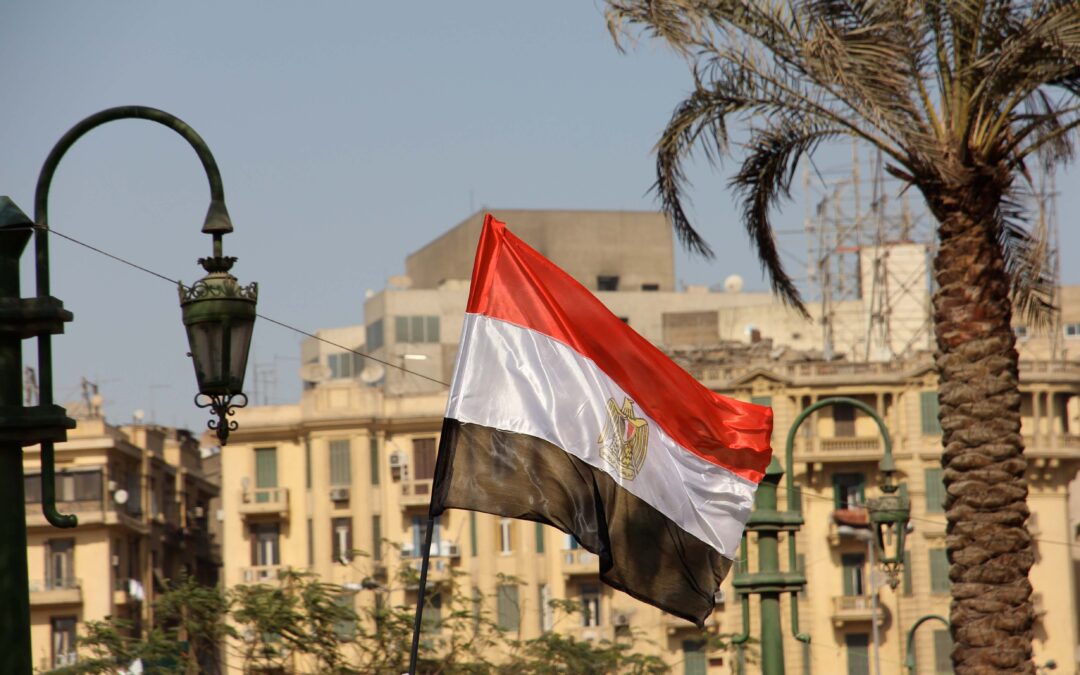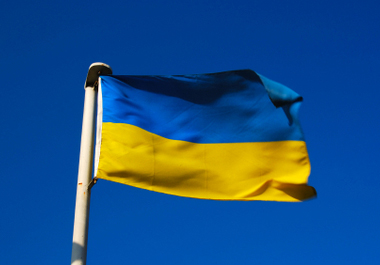
The Egyptian human rights coalition on cop 27 Petition
Ahead of COP27, Open Civic Space and Release Everyone Arbitrarily Detained in Egypt
In the run up to the UN Climate Change Conference 2022 (COP27) taking place in Egypt’s resort town of Sharm El Sheikh from 7 to18 November 2022, the undersigned organizations, groups and individuals note with great concern the human rights situation in Egypt and in particular the government’s restrictions on the rights to freedom of expression, association and peaceful assembly, which risk to undermine a successful, inclusive and participatory climate summit.

Ukraine judiciary should be empowered to effectively administer justice (UN Statement)
The ICJ today addressed the state of the judiciary in Ukraine during an interactive dialogue with the Office of the High Commissioner for Human Rights at the UN Human Rights Council.

Egypt: Organizations and Individuals Condemn the Re-Arrest of Sherif Al Rouby
We, the undersigned organizations and individuals, condemn with greatest concern the recent detention of activist Sherif Al Rouby by Egyptian authorities and call for his immediate and unconditional release.

El Consejo de Derechos Humanos de la ONU debe renovar la Mision de determinacion de los hechos en Venezuela
La CIJ instò hoy al Consejo de Derechose Humanos de la ONU à renovar la Misión Internacional Independiente de determinación de los hechos (FFM) en un dialogo con este mecanismo.

A Standing Independent Investigative Mechanism (SIIM) should be created to further accountability for gross human rights violations and crimes
In a report released at the UN Human Rights Council today, the ICJ outlined the options for the establishment of a Standing Independent Investigative Mechanism (SIIM), which would support and complement the existing human rights and international justice architecture, including the work of the International Criminal Court (ICC).




